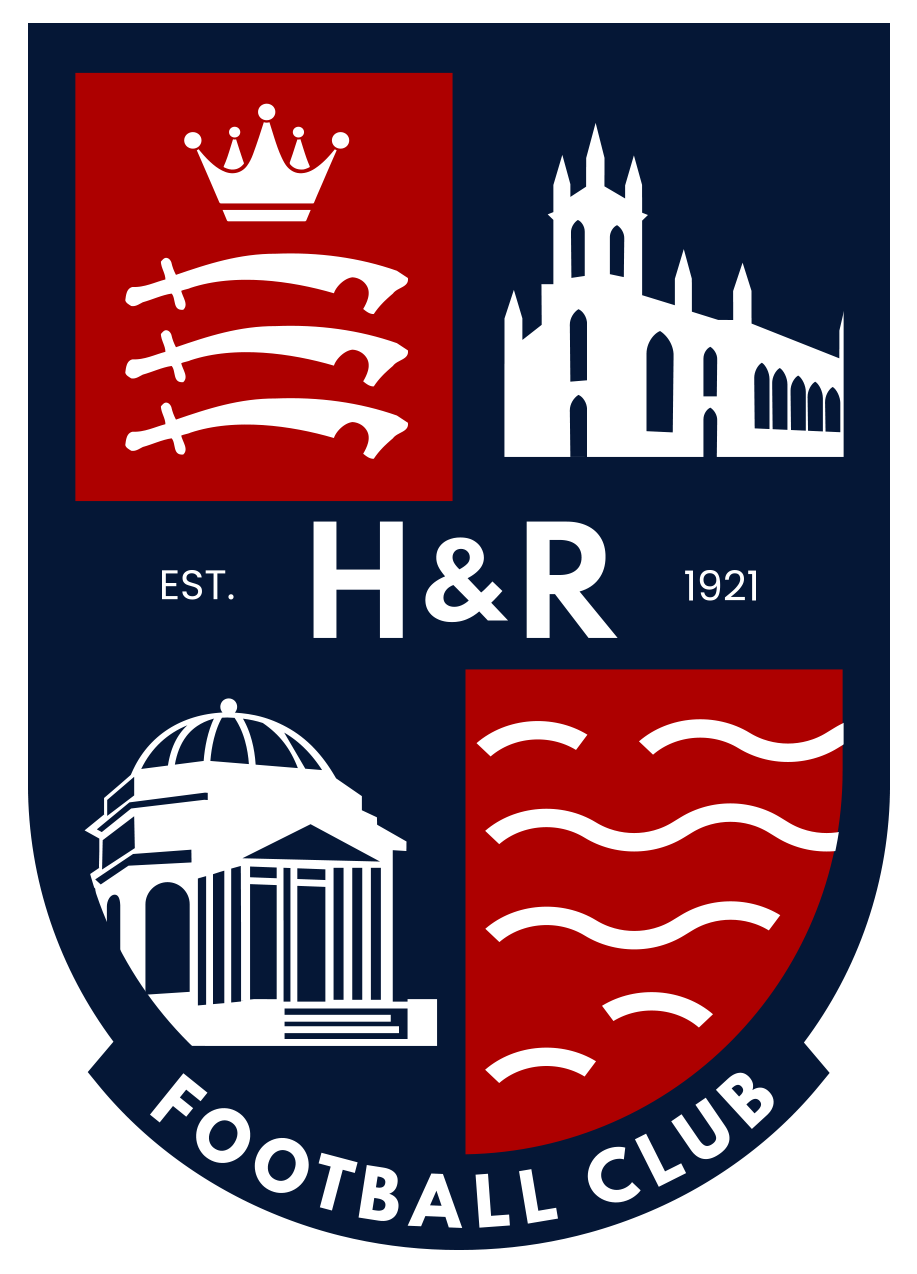HAMPTON, AROUND AND ABOUT
Things you may not know, or didn’t know you knew!
No 6 TRIALS & TRIBULATIONS
…of a Beer Keeper
In 1830 the UK passed the Beerhouse Act which legally defined a place ‘where beer is sold to be consumed on the premises'. Whilst Public Houses were licensed by local magistrates, under the terms of the Retail Brewers Act 1828, they were also subject to police inspections at any time. Owners of the new beerhouses simply had to buy a licence from the government costing £2 guinea per annum equivalent to about £150. So, you had two types of establishments in direct competition; one fully licensed, one only licensed to sell beer. It appears that the government were keen to create a free market in beer – no doubt with an increase in income from taxation. Beerhouses had to close at 10pm, whilst licensed premises could stay open until 12.30am. You can guess the result as drinkers left the beerhouse and headed to the nearest pub!
In 1850 Francis Jackson Kent bought Robinson Crusoe Island, on the River Thames, from the Crown Estate and evicted a number of squatters who were living on the island. One person to take advantage of the new law was Joseph Harvey and he set up an establishment on Robinson Crusoe Island – never heard of it, don’t worry all be revealed at the end of the article. Harvey built a beer house and skittle alley in 1852, calling it the Angler’s Retreat.
Harvey starts to appear regularly in the Surrey Comet as he seemed to be a bit ‘casual’ with the hours that he was open to serve beer. In a period of a few months, he appears up before the local magistrate on three occasions.
On February 15th 1864, he was charged with having his house for the sale of malt liquors on a Sunday morning contrary to the statute. Harvey pleaded guilty and claimed that he was a poor old man, people imposed on him, and if he was fined, he didn’t know what he would do. The court fined him £5 with 8s 6d costs, and given a week to pay.
7 days later, Harvey is back in court. Pleading guilty he came up with the same excuse. Having paid the previous week’s fine, he was again fined £5 with costs.
Harvey then makes a third appearance, charged with serving alcohol ‘during the hours of divine service’ – while churches were conducting Sunday morning services. This time two Police Constables gave evidence against Harvey. Firstly, disguised as gardeners (!), they asked a fisherman to row them over to the island – he refused. So, they crossed over the river at Hampton Court Bridge and managed to gain access from the other bank. At ten past one o’clock in the afternoon they found ‘5 or 6 persons’ already in the house consuming alcohol. A number of witnesses stated that all had been in order, however the court preferred to believe the evidence of the policemen. Harvey fined, with costs, again.
In December, Harvey makes an appearance in court again, this time though trying to collect a debt from William Scullard, a carpenter in Hampton, amounting to £15 3s. Scullard was declared bankrupt, so it is unlikely that Harvey got paid.
There is a legend that one of the squatters who was evicted off Robinson Crusoe Island, in 1850, placed a curse on the island, dooming anyone who lived there to go bankrupt. Harvey appears to be the first to fall victim to the curse, his business failing in the mid-1860s.
The final provisions of the 1830 Beerhouse Act were repealed in 1993.
By the way, the island is better known now as – Taggs Island, which is now full of houseboats with a bridge connecting it to the A308.
The Old Historian
External Links:
www.hrbfc.co.uk - Official website
www.hrbfc.live - Streaming & donations
www.hrbfc.net - Unofficial fans forum
www.hrbfc.org - Archive 1959-2017
- Unofficial forum for supporters of Hampton & Richmond Borough FC
- All times are UTC+01:00
- Delete cookies
- Privacy
- Terms
- Contact us
Powered by phpBB™ • Design by PlanetStyles
